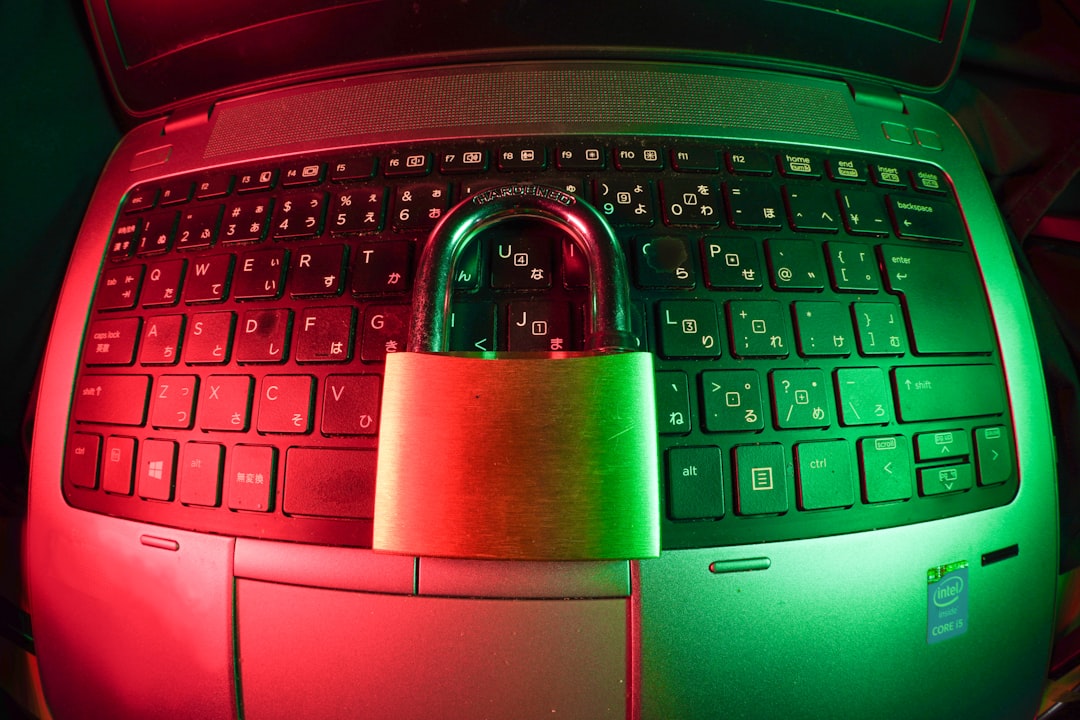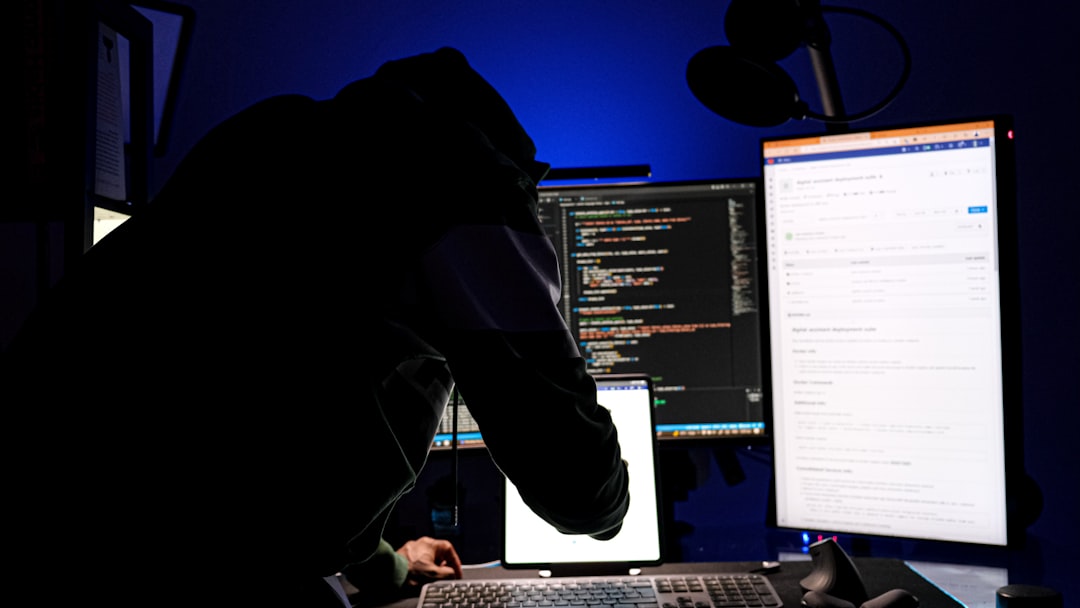In the age of the internet, personal privacy has become increasingly fragile. With more of our lives digitized, from social media accounts to online purchases, it has become easier for malicious actors to gather and exploit private information. One particularly harmful act that has emerged from the shadows of online behavior is known as doxing.
TL;DR (Too Long; Didn’t Read)
Doxing is the act of collecting and publishing someone’s private or identifying information on the internet, usually with malicious intent. This can include home addresses, phone numbers, email addresses, or even workplace details. It is often used to intimidate or harass individuals. Protecting one’s privacy and understanding digital hygiene is key to preventing doxing incidents.
What Is Doxing?
The term “doxing” (sometimes spelled “doxxing”) comes from the word “documents” or “docs” – referring to the unauthorized collection and distribution of files on an individual. With roots reaching back to early hacker culture in the 1990s, the concept originally involved revealing rivals’ identities. However, over time, doxing has evolved into a dangerously common form of online harassment.
Doxing occurs when someone:
- Collects personal or private data about another individual
- Publishes that information online, typically without consent
- Does so with the intent to harm, embarrass, threaten, or control the target
While not always illegal, depending on jurisdictions and the type of information disclosed, doxing often leads to serious real-world consequences like job loss, threats, stalking, or identity theft.

Types of Information Targeted in Doxing
Doxers can expose a range of sensitive information. This includes, but is not limited to:
- Full name (especially if a person uses an alias online)
- Home or work address
- Email addresses and phone numbers
- IP addresses, which may reveal general location
- Financial information like credit card numbers or bank details
- Social Security Numbers or other ID numbers
- Private conversations or photos
Once such data is made public, it can be used for further malicious activities like swatting (making false emergency calls), identity theft, or prolonged harassment campaigns, both online and in-person.
How Doxing Happens
Doxing doesn’t always require hacking or high-level tech skills. Many times, attackers use everyday tools and publicly available resources. Some common methods include:
- Reverse image searches: Tracking a profile image back to other accounts or websites
- Social engineering: Manipulating people or systems into revealing confidential information
- WHOIS database: Used to look up registration details of websites, potentially revealing personal data
- Public records: Accessing government or court documents online
- Breach databases: Using previously leaked data from security breaches
- Data brokers: Buying information from companies that collect and sell personal data
The digital footprint most people leave online—social profiles, online shopping behavior, forums, and more—can be pieced together like a puzzle by a determined doxer.

Why Do People Dox Others?
The motivations behind doxing vary, but the intent is almost always negative. Here are some common reasons:
- Revenge: Targeting someone due to personal conflict or breakup
- Ideological differences: Harassing people due to political, religious, or social views
- Public shaming: Attempting to “expose” perceived bad behavior
- Cyberbullying: As an extension of online harassment and intimidation
- Activism: “Hacktivist” groups have used doxing to reveal problematic individuals, though this raises ethical concerns
While some may believe they are bringing justice or awareness, doxing often results in excessive harm and violates the rights of the targeted individual.
The Real-World Consequences of Doxing
Many people assume that online actions are separate from physical consequences. However, doxing blurs that line dangerously. Some of the real-world impacts include:
- Loss of employment or expulsion from institutions
- Stalking, threats, and physical safety concerns
- Damage to reputation and personal relationships
- Psychological effects such as anxiety and depression
- Potential legal costs for legal actions related to the exposure
For high-profile individuals such as journalists, content creators, or public officials, the exposure can be even more intense and widespread.
Is Doxing Illegal?
Whether or not doxing is illegal depends on the country and type of data shared. In some regions, sharing private, non-public information (such as Social Security numbers or banking info) without consent is explicitly outlawed. In others, it may be covered under cyberstalking, harassment, or data protection laws.
For example:
- United States: Doxing can fall under various laws including identity theft, stalking, or even terrorism if it leads to swatting.
- European Union: GDPR laws protect personal data and any unauthorized dissemination can be actionable.
- Canada, Australia, UK: Each has harassment or data protection laws that may criminalize doxing behavior.
How to Protect Yourself from Doxing
Fortunately, there are several steps one can take to minimize the risk of being doxed:
- Limit public information: Avoid oversharing on social media
- Use strong privacy settings: Most platforms offer control over who sees your posts and details
- Remove yourself from data broker sites: Websites like Whitepages or Spokeo often list your information
- Use pseudonyms: When possible, avoid using your real name for public-facing content
- Monitor your digital footprint: Search your name online regularly to see what’s visible
- Enable multi-factor authentication: Helps secure your accounts from hacking attempts
Being mindful about online activity and cautious about granting access to information is key to digital safety.
Frequently Asked Questions (FAQ)
- Q: Is doxing always illegal?
A: No, doxing may not always be illegal—especially if it involves publicly available information. However, it can violate terms of service and result in criminal penalties depending on how the data is used. - Q: Can I be doxed even if I use a fake name online?
A: Yes. Doxers often link online aliases to real identities using a collection of small digital traces such as photos, comments, registration info, or shared contacts. - Q: What should I do if I’ve been doxed?
A: Report the incident to the platform, contact local law enforcement if you feel endangered, and consider getting legal advice. It’s also wise to take immediate steps to secure your accounts and online presence. - Q: Can companies be victims of doxing?
A: Absolutely. Company executives, employees, or even internal documents can be exposed during cyber-attacks or data leaks. - Q: What’s the difference between doxing and hacking?
A: Hacking involves unauthorized access to systems or data. Doxing uses information often collected through legal (though unethical) means—though it can include data from hacks.
Online privacy is more important than ever. Understanding the dangers of doxing and taking proactive steps towards digital protection is essential for anyone participating in the online world.
